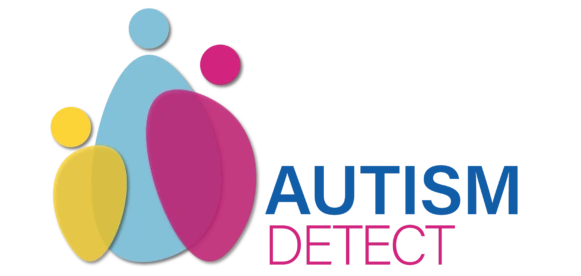What is Autism?
Autism, or Autism Spectrum Disorder (ASD), is a developmental condition that affects how a person perceives the world and interacts with others. It is a spectrum condition, meaning that while all autistic people share certain difficulties, their condition will affect them in different ways. Some autistic individuals may need significant support in their daily lives, while others may live entirely independently.
Key Characteristics
of Autism
Social Communication and Interaction
- Difficulty understanding social cues and body language.
- Challenges in forming and maintaining relationships.
- Struggles with verbal and non-verbal communication
Repetitive Behaviours and Routines
- Preference for routines and consistency.
- Repetitive movements or behaviours, such as hand-flapping or rocking.
- Deep interest in specific subjects or activities.
Sensory Sensitivities
- Over-or under-sensitivity to sensory inputs like sounds, lights, textures, or smells.
- Unusual responses to sensory experiences, such as covering ears to block out noise.
What Causes Autism?
The exact cause of autism is still unknown, but it is generally believed to be a combination of genetic and environmental factors. Research is ongoing to better understand the complex interplay of these influences.
When Does Autism
Become Noticeable?
Autism often becomes noticeable in early childhood, typically between the ages of 1 and 3 years. Some signs may be evident from as early as 6 months, while others may not appear until later in childhood.
Early Signs to Look Out for Include
- Delayed speech and language skills.
- Limited eye contact.
- Lack of interest in playing with other children.
- Intense focus on certain objects or activities.
It is important to remember that every child develops independently, and early concerns should be discussed with a healthcare professional.
Diagnosis and Support
There are Few Support Available for Individuals with a Positive Autism Diagnosis, such as:
- Speech and language therapy.
- Occupational therapy.
- Behavioural interventions.
- Educational support.


